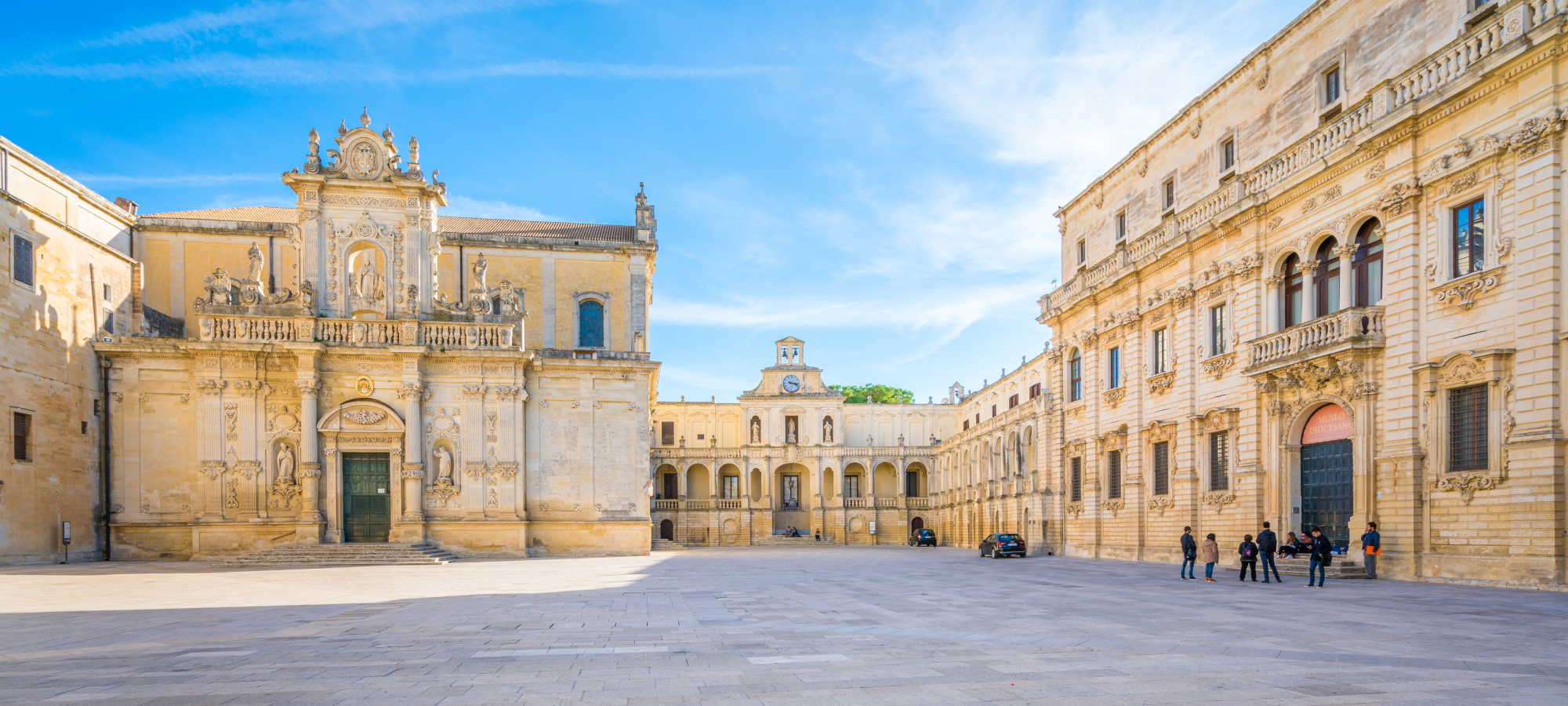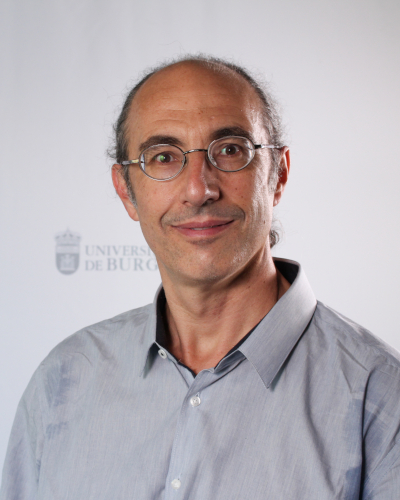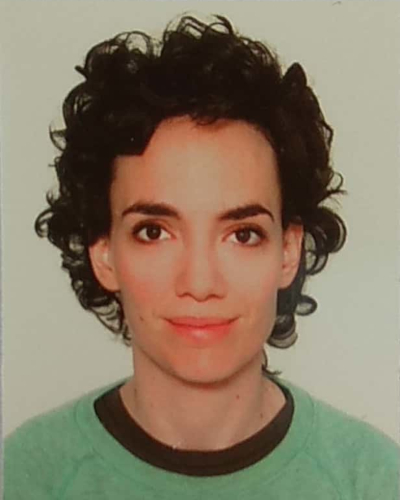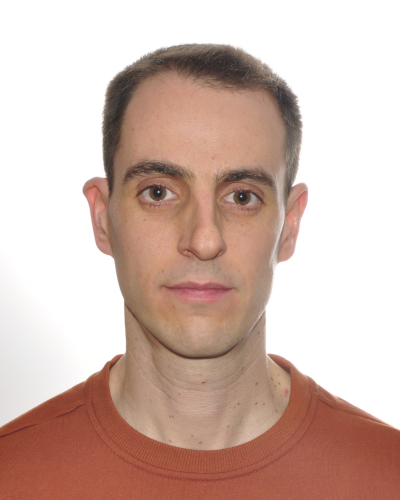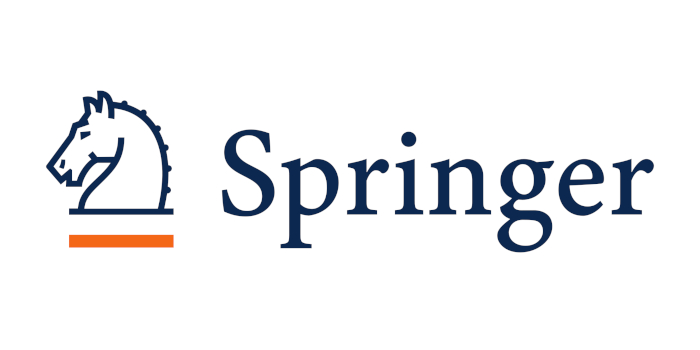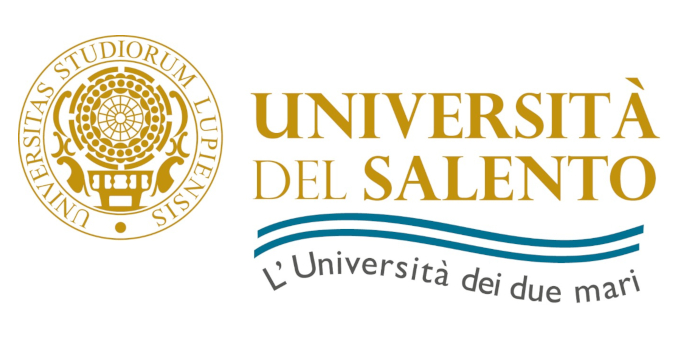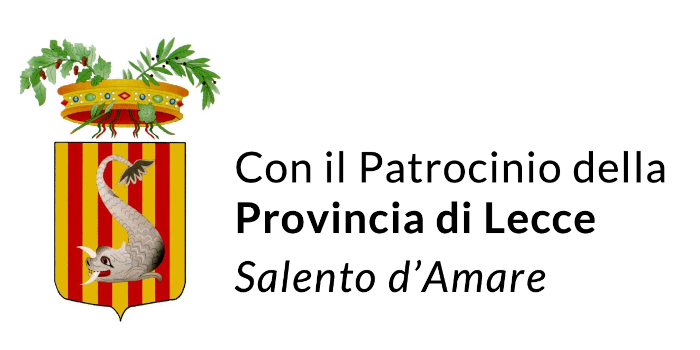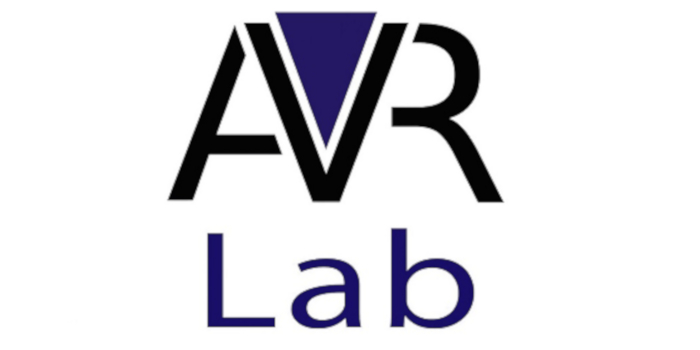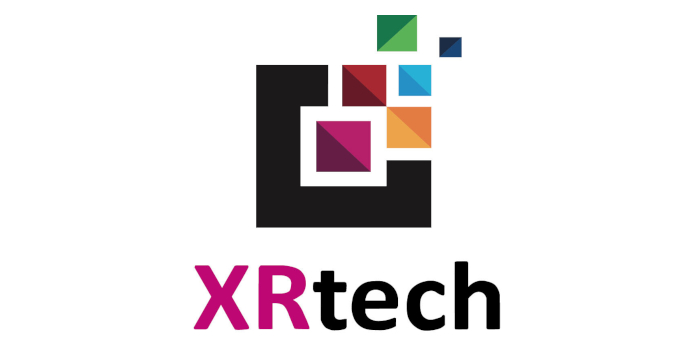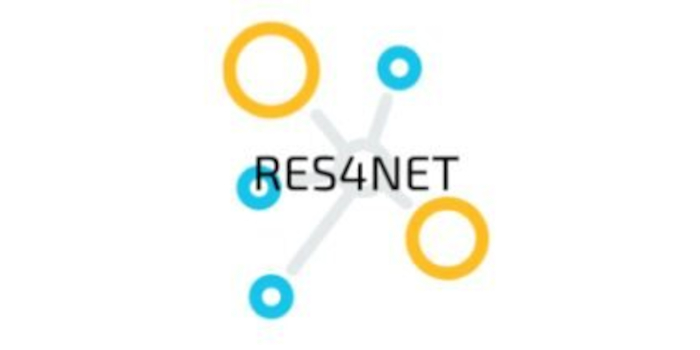SPECIAL SESSION #2
Machine Learning tools for Adaptive Extended Reality
ORGANIZED BY
Andres Bustillo
Universidad de Burgos, Spain
Aida de Haro-García
Universidad de Cordoba, Spain
Álvar Arnaiz-González
Universidad de Burgos, Spain
ABSTRACT
Extended Reality (XR) is a promising umbrella of technologies. Tasks like learning, training, or relaxing can be improved in XR interactive environments in a safe, autonomous, and customized way. In many applications, to achieve these goals, the use of biosignals acquired during the XR experience would play a major role. However, before biofeedback-based XR experiences become a standard solution, there is an extensive research to be done. Biosignals produce massive datasets in XR environments that should be processes to extract useful information. Machine-learning techniques might be the best option to extract the hidden information collected by tracking systems or to adapt XR experience to user´s performance.
The call of this Special Session is addressed to all that studies that involve the use of any machine learning technology in XR experiences. We invite researchers, educators, industry professionals, and students to submit abstracts that relate to these topics and share their insights and experiences with the community. The special session will provide a platform for cross-disciplinary collaboration and knowledge exchange, fostering the advancement of machine learning applications within XR experience with no limit to any final use.
MAIN TOPICS
The session will cover a variety of topics including but not limited to:
- Machine learning algorithms for data processing in XR applications
- Machine learning algorithms for pattern identification in XR applications
- User´s identification by means of machine learning techniques in XR applications
- Semi-supervised algorithms applied to XR
- Multi-label learning in XR applications
- Machine learning algorithms applied to sentiment analysis and emotion detection
- Information fusion from XR
- Instance selection/generation from data gathered from XR
- Feature selection/generation from data gathered from XR
ABOUT THE ORGANIZERS
Andres Bustillo is Associate Professor at the Computer Engineering Deparment of the University of Burgos (Spain). His research interests are focused on the application of machine learning techniques and extended reality interactive environments to industry, teaching and cultural heritage among others. His scientific work has resulted in authorship of over 50 publications.
Aida de Haro-García is Associate Professor at the department of Computing and Numerical Analysis of the University of Córdoba. Her main research interests include Machine Learning, Multi-Label classification, Scaling-up big data, and Feature Selection. She is currently involved in two Data Mining research projects funded by the Spanish Ministry of Science and Innovation. She has also recently conducted a research project (UCO-1264182) financed through European Union FEDER funds that scales multi-label classification algorithms in the context of Bioinformatics datasets.
Álvar Arnaiz-González is Associate Professor at the department of Computer Science of Burgos University (Spain). His research interests include Machine Learning, Data Mining, ensemble classifiers and instance and prototype selection, among others. He has published several papers on Artificial Intelligence and Machine learning journals, as well as many contributions to Machine Learning applications on Industry and other fields. He is member of the ADMIRABLE research group.
